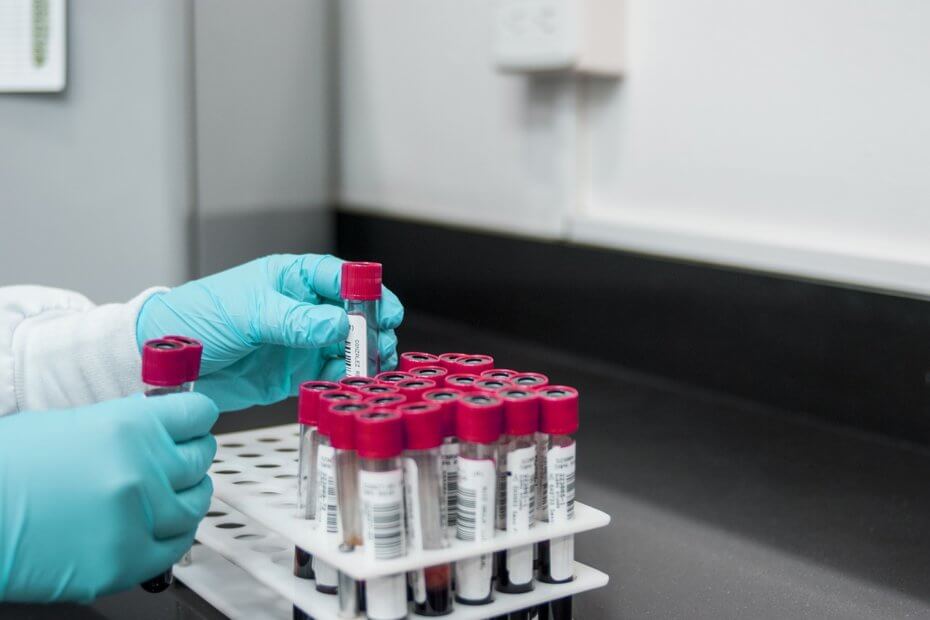When you purchase something, especially something for your health, you want to make sure you are getting exactly what you ordered. That’s why you should always check the Certificates of Analysis (CoA) for any edible product you buy. At least in theory. Do you check the CoA for the vitamins or supplements you take? Did you ever? How about that beer you had last night?
In the hemp and cannabis world, analytical testing is almost universal (via state regulations), and a quick look over the CoA is a good idea. But take the data with a grain of salt. I wouldn’t buy any cannabis product that doesn’t have a Certificates of Analysis, because then you have no idea what your ingesting. But the CoA is not the guarantee you might expect.
There are major flaws in the whole testing process, which I will outline below.
First off, you are at the mercy of the producer to provide a representative sample to the testing lab. Unscrupulous producers may cherry pick the sample they submit, sending off a bit of their best stuff to the lab. Or worse, they could use a sample from a previously tested batch and label it as a new batch. They also could simply buy a lot of tested material from a known producer, put their label on it, and send it off as their product.
Secondly, testing labs are largely unregulated, and some are just incompetent. Producers can send their samples to several labs, and use the results from the lab that meets their desired results. In our experience, there are few labs that are capable of reproducing our in-house results, and we rely on large established labs for accurate results. Poor labs can’t replicate data on the same sample, so they generate random results. Some may even fake results in order to save money and time. Testing is a major issue for the industry.
Bottom line: make sure you trust the producer. A CoA from an unknown producer may be inaccurate, or worse.
